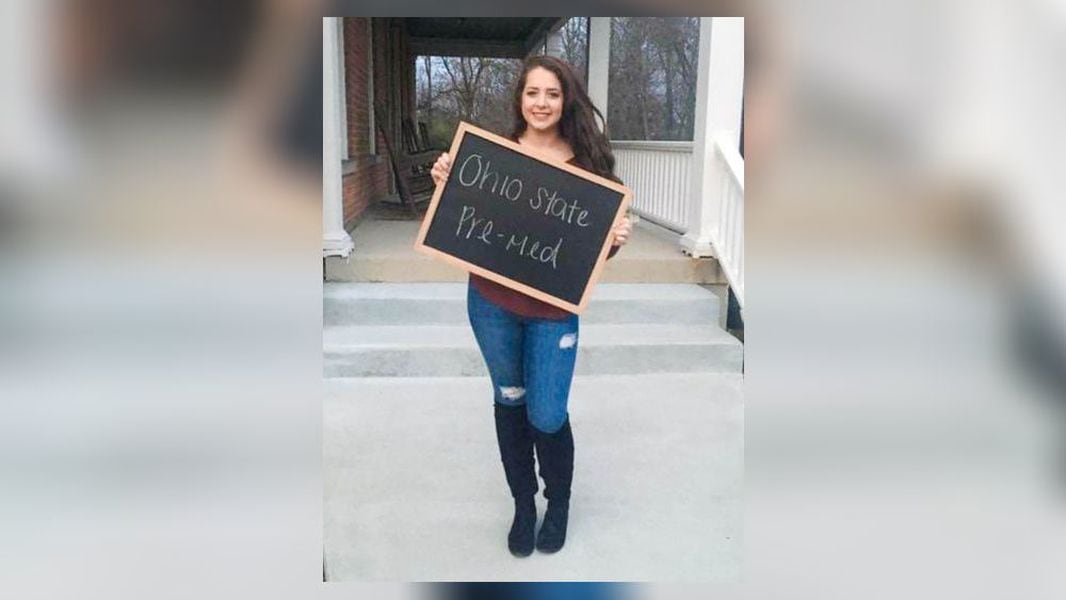Here are some key things to know:
Donor facts
Here are some answers to common questions regarding organ donation. For a more robust list, visit www.donatelife.net/faq.
- Anyone, regardless of age or medical history, can sign up to be a donor.
- There’s no age limit to organ donation. To date, the oldest donor in the U.S. was 93.
- Medical condition at the time of death will determine what organs and tissues can be donated.
- Most major religions in the United States support organ donation and consider a donation as the final act of love and generosity toward others.
- There is no policy or federal regulation that excludes a member of the LGBT community from donating organs.
- To be a living donor, there are requirements, but mostly a person must be in good overall physical and mental health, and older than 18. There are medical conditions that could prevent a person from being a living donor.
- Shared ethnicity is not a requirement for matching organ donors and recipients.
Fast facts
- 8 lives can be saved with organ donations (heart, 2 lungs, liver, pancreas, 2 kidneys and intestines)
- Every 10 minutes, a person is added to the waiting list
- 20 people die every day because an organ is not donated in time
- About 108,000 people are on the national transplant waiting list at any given time. About 85 percent are waiting for a kidney.
- In 2020, there were 22,817 kidney transplants performed
Organ donations: Saving lives in Butler County

A multi-story package from the Journal-News looked at the status of impact of organ donations, with perspectives from those who have saved lives or lost loved ones who have saved lives and those who live on.
About the Author

